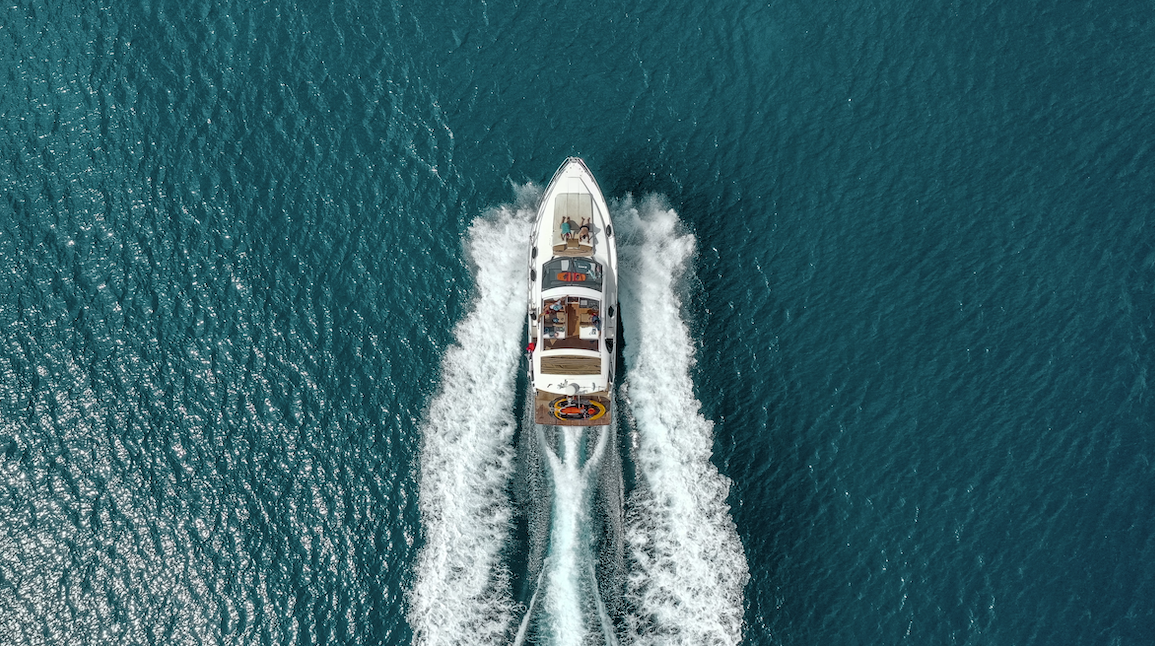Liability-only boat insurance is more affordable than full-coverage, but it does come with certain risks. Boaters need to consider the cost of repairs, as well as the value of the vessel before deciding on coverage.
Here are some frequently asked questions regarding liability-only and boat insurance more broadly.
What is liability-only boat insurance?
In technical terms, liability-only insurance refers to the purchase of only liability coverage (coverage for bodily injury and property damage liability to third parties). This coverage only pays for expenses related to property damage and bodily injury to another party when you are at fault in an accident.
Liability-only thus does not provide coverage for any damage to your boat resulting from losses such as accidents on the water, storms, theft and more.
» MORE: A Breakdown on Liability Coverage
What does a full-coverage policy generally include?
Boat insurance policies with full coverage generally protect you if your boat is damaged in addition to coverage liability for damages to another person’s property.
Forgoing this coverage creates an additional financial risk. If your boat was ever stolen, for example, liability-only coverage would not cover the cost to replace it.
» MORE: Comprehensive Boat Insurance Coverage - What It Is and How to Get It
What is bodily injury liability coverage?
If you cause an accident and injure someone else, bodily injury liability insurance can protect you against covering that expense out-of-pocket. It typically covers things like medical expenses, recovery treatments, and lost wages if the person can’t work while recovering.
What is property damage liability coverage?
Property damage liability insurance covers expenses if you damage a third party’s property. For example, it could pay to repair the other person’s boat or to replace the dock you crashed into.
What states require that I have insurance?
Only Arkansas and Utah require boat owners to maintain liability insurance. Some marinas will require boaters to have liability insurance. They may also require that they are named as an additional insured on the policy. If you have a loan, a bank will generally require insurance on it.
What are liability limits?
Liability coverage will only provide coverage up to the maximum amounts specified in the policy. If costs from a covered claim exceed those limits, you will have to pay the rest out-of-pocket.
How much cheaper is a liability-only policy?
A liability-only policy is significantly cheaper. At SkiSafe, liability-only options start at just $85/year.
Should I get liability-only boat insurance?
These basic policies that do not include damage for coverage to your boat may often make sense for boaters with older or less expensive watercraft that are seeking coverage against the large risks that a potential liability claim may pose.
What if my claim is a total loss and I only have liability insurance?
If your boat is a total loss after (the cost of repairs exceeds its value) and you only have liability insurance, you will have to pay to replace it yourself. Liability insurance only pays for damage to other people's property, not your own.
No.
What else can I do to save money on my boat insurance?
Many factors affect boat insurance costs, including location, experience, value and more. For example, watercraft located in coastal areas will typically cost more to insure than those that are inland while those with higher values will typically cost more to insure than those with lower values.
» MORE: How to Save on Insurance Premiums
Most companies offer various discounts to help boaters save money on insurance. You can keep costs down if you complete an approved boating safety course, have an acceptable driving record, and remain claim-free.
Do you offer discounts for boating courses?
Yes. We offer discounts for successfully completing an approved safe boating course. Courses must be approved by the National Association of State Boating Law Administrators (NASBLA) and are given by the Coast Guard Auxiliary, Power Squadron, and others.

